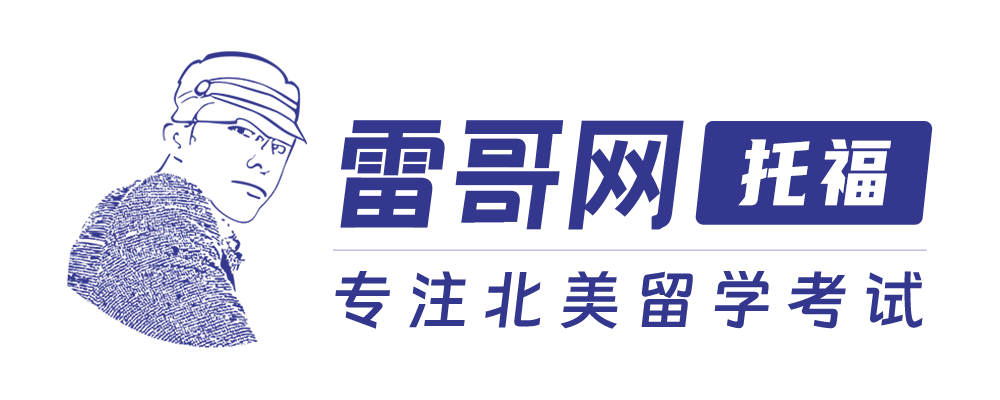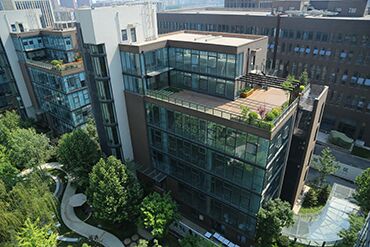Listen to part of a lecture in a philosophy class.
OK. Another ancient Greek philosopher we need to discuss is Aristotle - Aristotle's ethical theory.
What Aristotle's ethical theory is all about is this: he's trying to show you how to be happy - what true happiness is.
Now, why is he interested in human happiness?
It's not just because it's something that all people want or aim for.
It's more than that.
But to get there we need to first make a very important distinction.
Let me introduce a couple of technical terms: extrinsic value and intrinsic value.
To understand Aristotle's interest in happiness, you need to understand this distinction.
Some things we aim for and value, not for themselves but for what they bring about in addition to themselves.
If I value something as a means to something else, then it has what we will call "extrinsic value".
Other things we desire and hold to be valuable for themselves alone.
If we value something not as a means to something else, but for its own sake, let us say that it has "intrinsic value".
Exercise. There may be some people who value exercise for itself, but I don't, I value exercise because if I exercise, I tend to stay healthier than I would if I didn't.
So I desire to engage in exercise and I value exercise extrinsically... not for its own sake, but as a means to something beyond it.
It brings me good health.
Health. Why do I value good health?
Well, here it gets a little more complicated for me.
Um, health is important for me because I can't... do other things I want to do - play music, teach philosophy - if I'm ill.
So health is important to me - has value to me - as a means to a productive life.
But health is also important to me because I just kind of like to be healthy - it feels good.
It's pleasant to be healthy, unpleasant not to be.
So to some degree I value health both for itself and as a means to something else: productivity.
It's got extrinsic and intrinsic value for me.
Then there's some things that are just valued for themselves.
I'm a musician, not a professional musician; I just play a musical instrument for fun.
Why do I value playing music?
Well, like most amateur musicians, I only play because, well, I just enjoy it.
It's something that's an end in itself.
Now, something else I value is teaching.
Why? Well, it brings in a modest income, but I could make more money doing other things.
I'd do it even if they didn't pay me.
I just enjoy teaching.
In that sense it's an end to itself.
But teaching's not something that has intrinsic value for all people - and that's true generally.
Most things that are enjoyed in and of themselves vary from person to person.
Some people value teaching intrinsically, but others don't.
So how does all this relate to human happiness?
Well, Aristotle asks: is there something that all human beings value... and value only intrinsically, for its own sake and only for its own sake?
If you could find such a thing, that would be the universal final good, or truly the ultimate purpose or goal for all human beings.
Aristotle thought the answer was yes.
What is it? Happiness.
Everyone will agree, he argues, that happiness is the ultimate end to be valued for itself and really only for itself.
For what other purpose is there in being happy?
What does it yield?
The attainment of happiness becomes the ultimate or highest good for Aristotle.
The next question that Aristotle raises is: what is happiness?
We all want it; we all desire it; we all seek it.
It's the goal we have in life.
But what is it? How do we find it?
Here he notes, with some frustration, people disagree.
But he does give us a couple of criteria, or features, to keep in mind as we look for what true human happiness is.
True human happiness should be, as he puts it, complete.
Complete in that it's all we require.
Well, true human happiness... if you had that, what else do you need?
Nothing.
And, second, true happiness should be something that I can obtain on my own.
I shouldn't have to rely on other people for it.
Many people value fame and seek fame.
Fame for them becomes the goal.
But, according to Aristotle, this won't work either, because fame depends altogether too much on other people.
I can't get it on my own, without help from other people.
In the end, Aristotle says that true happiness is the exercise of reason - life of intellectual contemplation... of thinking.
So let's see how he comes to that.

















 分享成功
分享成功

















草莓小菇凉:说的非常好,十分有道理,棒棒棒!
06-08 15:44:55